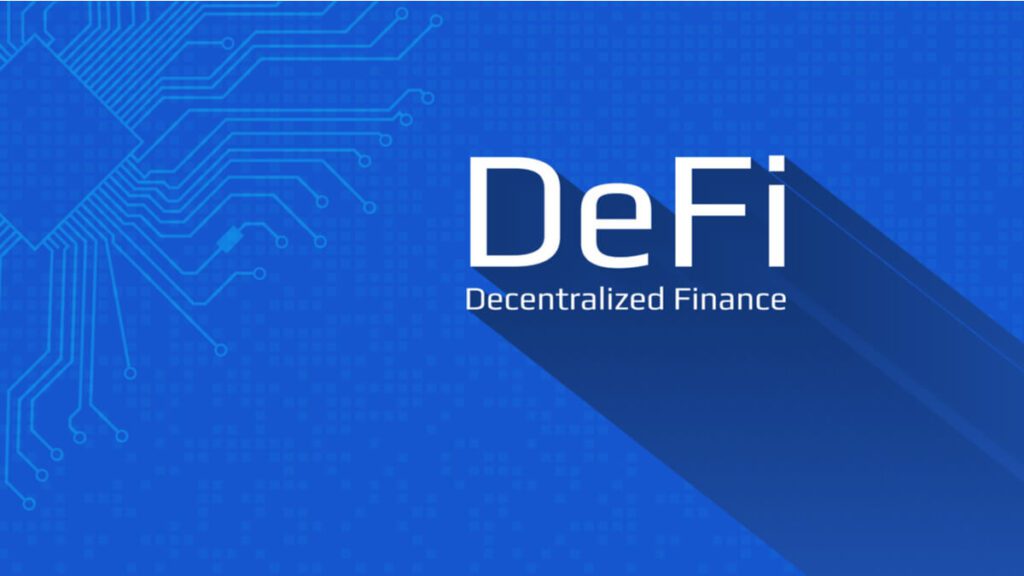
The pandemic’s hand has stretched far and beyond all financial markets, leaving no stone unturned.
Covid-19 has had a direct impact on the status of financial markets worldwide, affecting everything from traditional banking systems all the way down to the crypto world – and our attention today will be oriented towards DeFi.
For those not yet familiar with the concept of DeFi, it is short for “decentralizing finance” whereby its essence entails cutting out the middleman, or in this case, corporate or financial intermediaries in attempts of freeing up costs, resources, and time.
DeFi is an umbrella term geared towards disrupting the financial intermediaries – in a good way.
The concept is based on blockchain, the technology that has enabled digital currency like bitcoin, Ethereum, ripple, and others. In a nutshell, blockchain technology allows several different entities to hold a copy of a history of transactions.
But what does this really mean?
In layman terms, blockchain is not controlled by a single, central source. Central sources and human gatekeepers frequently show us how they ultimately limit the speed and sophistication of transactions while giving users less direct control over their money.
DeFi proves its value by building on the use of blockchain technology because it widens the scope of blockchain use from a simple value transfer into more complex financial uses. Furthermore, the technology allows several entities to hold a copy of a history of transactions, meaning it isn’t controlled by a single, central source.
Most DeFi applications are built on top of Ethereum, the second-largest cryptocurrency platform.
Ethereum differentiates itself from Bitcoin in that it is easier in use to build decentralized applications that extend beyond simple transactions.
This proves to be important because centralized systems and human gatekeepers can limit the speed and sophistication of transactions while offering users less direct control over their money. DeFi is distinct because it expands the use of blockchain from simple value transfer to more complex financial use cases.
How is DeFi handling the pandemic?
Following announcements that handling cash is risky during the pandemic, as paper money itself can be a carrier of Covid-19, intangible (digital) assets became more desirable.
This plight for liquidation was marked in the early days of the pandemic, as people realized they would be needing more digital dollars and less hard cash while they quarantined amid the lockdown.
Given crypto crime is on a steady streak achieving its highest year to date, we can expect several attacks to be hitting the DeFi scene.